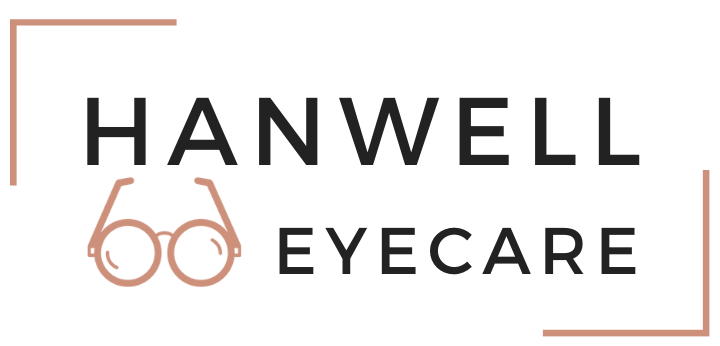How can I manage dry eyes?
Dry eye syndrome is a common condition that occurs when the eyes do not produce enough tears, or the tears evaporate too quickly. This can lead to symptoms like irritation, redness, and a burning sensation in the eyes. In severe cases, dry eye can even cause vision loss.
The most common cause of dry eye is a lack of tear production, which can be caused by a number of factors, including aging, certain medications, and underlying medical conditions. In some cases, dry eye can also be caused by environmental factors, such as spending long periods of time in front of a computer or in dry, dusty environments.
There are several common signs of dry eye, including:
A feeling of dryness, grittiness, or discomfort in the eyes.
Redness of the eyes.
Burning or stinging sensation in the eyes.
Blurred vision.
Sensitivity to light.
Excessive tearing in some cases (this can happen because the eyes are trying to compensate for the lack of tears).
If you think you may have dry eye, it's important to see an optometrist for an evaluation. Treatment for dry eye may include the use of artificial tears, medication, or surgery to improve tear production. In some cases, making lifestyle changes, such as reducing screen time or avoiding dusty environments, can also help to alleviate symptoms of dry eye.
How can I manage my dry eyes at home?
Use artificial tears to lubricate the eyes in conjunction with a heat mask to increase tear production. (available here)
Avoid dry environments by using a humidifier in your home.
Take regular breaks when using a computer or other digital device.
Avoid rubbing the eyes, which can irritate the already dry surface.
Use a warm compress on the eyes to help with tear production.
It's important to take care of your eyes and manage dry eye to prevent it from worsening and causing more serious complications. If you experience any symptoms of dry eye, talk to your optometrist to discuss treatment options. They can help determine the underlying cause of your dry eye and recommend the best treatment options.
To speak to one of our team please fill out a contact form here, or call us on +44 (0)208 840 8595

